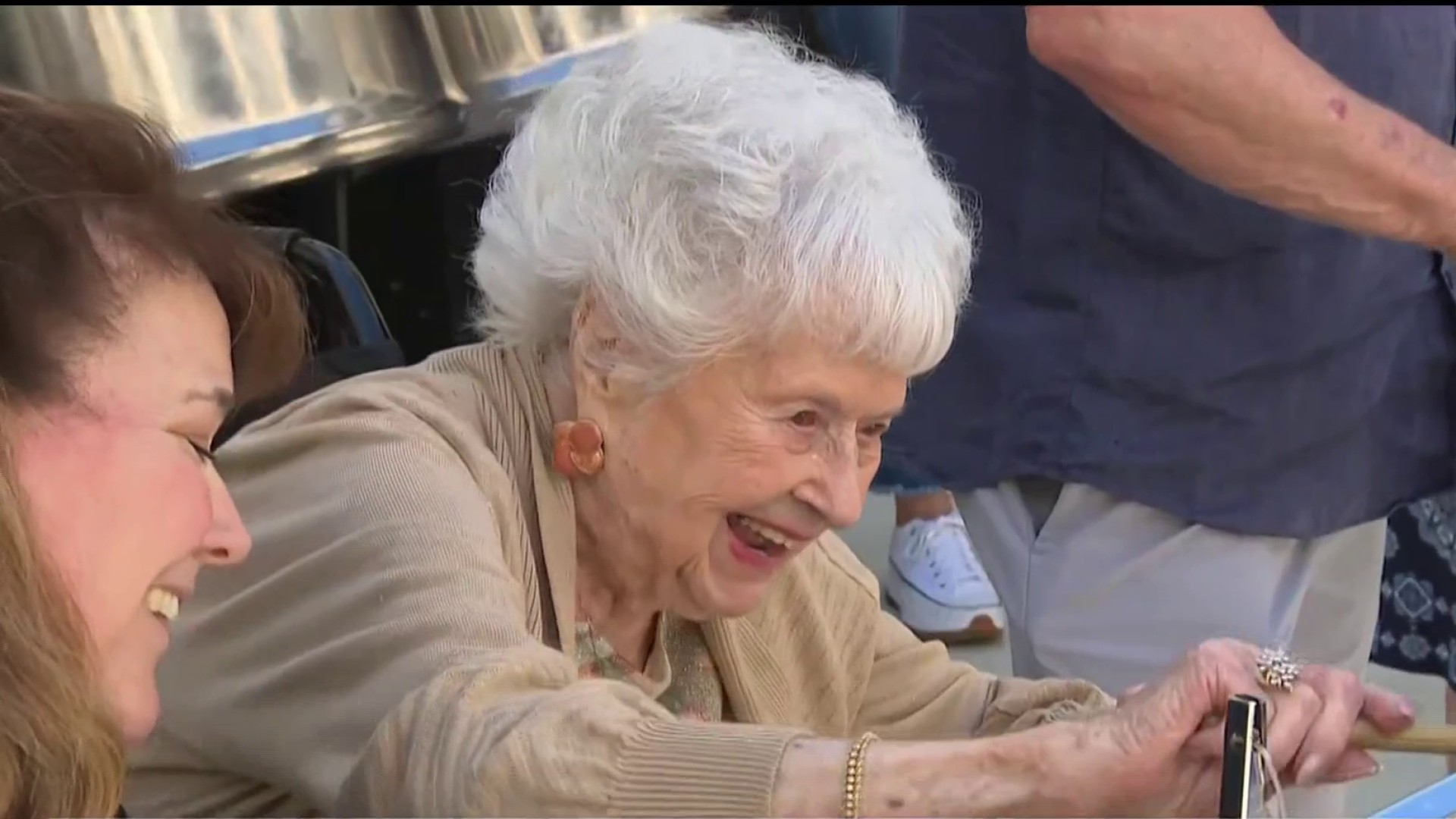A health care worker in San Diego County who was fully vaccinated against COVID-19 has contracted the disease, the first known case of its kind in the region. But public health officials don't want the case to be cause for alarm.
Dr. Eric McDonald, San Diego County's medical director for epidemiology and immunization, said the case was identified in the last couple of days. The health care worker, who was not identified further, was exposed and showed symptoms. A test then confirmed the positive result.
McDonald emphasized that -- with vaccines that are about 95% effective at preventing COVID-19 infection -- there is the possibility that a small group of individuals will contract the virus after taking both doses of the vaccine.
"We do expect more [cases]," McDonald said in Wednesday's weekly briefing on the COVID-19 disease in San Diego County. "We expect the number to be low and we expect most of the cases to be like the one that was just reported."
Get San Diego local news, weather forecasts, sports and lifestyle stories to your inbox. Sign up for NBC San Diego newsletters.
The highest level of protection against COVID-19 comes about two weeks after a person receives their second dose, according to the Centers for Disease Control and Prevention. It is unclear how long after receiving their second dose that the health care worker in San Diego became infected.
Though some can get COVID-19 following inoculation, people should not be deterred from getting the vaccine. The CDC adds that even if a fully vaccinated individual contracts COVID-19, the vaccine may help them from getting seriously ill. Evidence also shows there are less COVID-19 hospitalizations among vaccinated individuals.
In the case of San Diego's first vaccinated positive, the health care worker showed "minimal symptoms," according to McDonald.
The Pfizer-BioNTech vaccine is 95% effective and the Moderna vaccine is 94.1% effective at preventing COVID-19 illness. But a new factor that is still being studied is the introduction of mutated strains of the COVID-19 disease.
There are at least three variant strains circulating in the United States and California has reported cases involving two of those strains. The majority of California's mutated cases were located in San Diego County, which could be due to the region's emphasis on genome sequencing at a local level.
The variants appear to spread more easily and quickly than the original COVID-19 strain. While the CDC believes the vaccine will prevent infection from these strains as well, more research is needed.
San Diego scientists are aiding in that research, especially when cases arise among vaccinated individuals, like San Diego's health care worker.
"We're looking at those cases by analyzing them by a whole genome sequence to see what relationship that has to the vaccines," McDonald said.
It is important to note, though, that the vaccine itself will not give someone COVID-19. People have reported some side-effects -- like fever, chills, tiredness and headache -- after receiving the shot, but those symptoms are normal signs that the body is building up immunity to COVID-19, the CDC said.
Even with the vaccine, there is the possibility that people can be "spreaders" if exposed to the virus. Those individuals may not show any symptoms. So, the CDC says people should still social distance, wear their masks, continue hand washing and avoid gatherings.
So far, about 5% of the San Diego population is fully vaccinated against COVID-19. About 17% of the population has had at least their first shot. But with supply issues affecting appointment availability, the process of raising that latter statistic is slowing.



